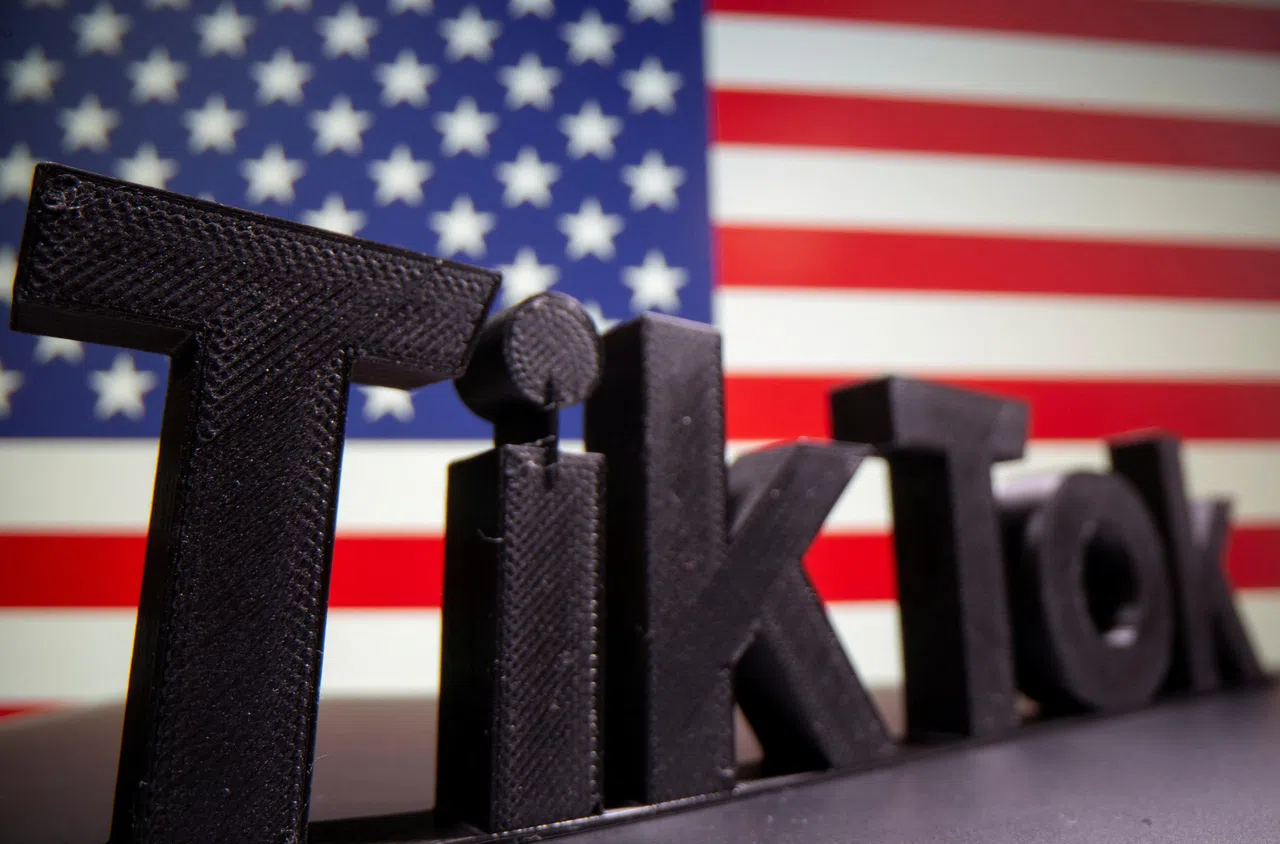US PRESIDENT Joe Biden said on Thursday he is against the proposed sale of US Steel to Japan’s Nippon Steel, as election year considerations appeared to outweigh the risk of angering key ally Japan.
Biden’s intervention in the planned US$14.1 billion acquisition comes less than a month before he hosts Japan’s Prime Minister Fumio Kishida for a state visit to the White House aimed at boosting ties and countering an increasingly assertive China.
But Biden’s eye is seemingly on November’s presidential election against Donald Trump, with lawmakers from both sides having joined with unions in opposing the sale of an American manufacturing icon to a foreign owner.
US Steel is based in Pittsburgh in the key battleground state of Pennsylvania, which Biden won in the 2020 election and will fight Trump for again this year.
“It is important that we maintain strong American steel companies powered by American steel workers. I told our steel workers I have their backs, and I meant it,” Biden said in a statement.
“US Steel has been an iconic American steel company for more than a century, and it is vital for it to remain an American steel company that is domestically owned and operated.”
But Biden did not explicitly say he would block the deal, which has been under a federal review of how it affects national security interests since it was announced in December.
US Steel shares slipped 6.4 per cent.
In a joint statement, Nippon Steel and US Steel said their partnership reflects the “close alliance between Japan and the United States.”
“We welcome the administration’s scrutiny of the transaction, as an objective and comprehensive review of this transaction will demonstrate that it strengthens US jobs, competition, and economic and national security,” they said.
‘Horrible’
The proposed sale has become a political football in the United States.
Trump said in February that he would halt the “horrible” deal if he wins a second White House term.
The situation also goes to the heart of Biden’s election manifesto pledge to rebuild American manufacturing.
“To see a major steel company, emblematic of the kind of manufacturing that the administration wants to bring back here, be sold to a foreign entity would be regarded as counter to policy efforts so far,” said Thibault Denamiel of the Center for Strategic and International Studies.
Biden has been wooing unions as he competes with Trump for working-class voters.
And unions have reacted with fury to the proposed deal, despite the combined company’s vow to honour contract agreements between US Steel and the United Steelworkers (USW) union.
US Steel had previously received an offer to be bought by domestic competitor Cleveland Cliffs, in a deal endorsed by the USW.
That buyout was rejected by US Steel in August, though Cleveland-Cliffs boss Lourenco Goncalves told Bloomberg on Thursday that he would consider making a new offer if the Nippon deal falls through — again with the support of USW, but at a lower price than Nippon’s offer.
USW International President David McCall said on Thursday the union welcomed Biden’s statement, adding that the purchase by a foreign-owned corporation “leaves us vulnerable.”
The White House said Biden has called McCall to reiterate his position.
The transaction has also drawn bipartisan howls on Capitol Hill.
Biden’s stance does not necessarily signal growing opposition to foreign firms acquiring US business across sectors, Denamiel said, noting that steel is a politically prominent topic.
But this could frustrate Japan as US economic security policies, including a push to diversify from China in key supply chains, require allies’ support.
“The United States must also show that it has its partners’ backs; opposing Nippon Steel’s acquisition is not a step in that direction,” Denamiel added.
National Security Council spokesman John Kirby told reporters that Tokyo was not forewarned of Biden’s statement, although stressing that the US alliance with Japan “is stronger than it’s ever been.”
The firms earlier asked the Committee on Foreign Investment in the United States – an interagency body established to review foreign takeovers of US firms — to evaluate the deal.
For now, CFRA analyst Matthew Miller said it looks increasingly unlikely the agreement would happen at all. REUTERS







